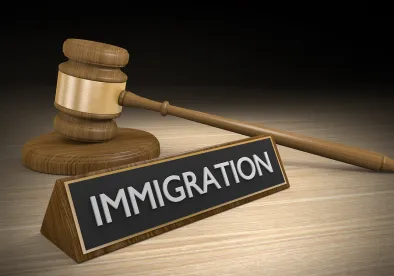On Jan. 15, 2016, the Department of Homeland Security (DHS) published a final rule in the Federal Register revising its regulations benefiting highly skilled workers in nonimmigrant visa classifications for specialty occupations from Australia (E-3), Chile, and Singapore (H-1B1); nonimmigrant workers in the Commonwealth of the Northern Mariana Islands (CNMI)-Only Transitional Worker (CW-1) classification; and the immigrant visa classification for outstanding professors and researchers in the employment-based first preference category (EB-1).
This final rule will eliminate obstacles that had previously put E-3, H-1B1, CW-1 and certain EB-1 workers at a disadvantage when compared to workers in comparable visa classifications, such as H-1B, E-1 and E-2 nonimmigrant workers. DHS will authorize continued employment for up to 240 days for H-1B1, principal E-3, and CW-1 nonimmigrant workers beyond the expiration date of their status, provided that the petitioner timely filed for an extension of this status with U.S. Citizenship and Immigration Services (USCIS) and the extension of stay request remains pending. Thus, these individuals will be allowed to continue working for the petitioner for up to 240 days, even after the authorized stay expires. This new provision will benefit U.S. employers as well as H-1B1, E-3, and CW-1 workers by minimizing the potential cost of lost productivity and employment disruptions previously caused by the need of the foreign worker to travel abroad in order to renew their visa status.
The final rule will also add a “comparable evidence” provision to the language of the current EB-1 regulations which will, in turn allow petitioners in the EB-1 outstanding professors and researchers category to submit evidence comparable to other forms of evidence already captured in the existing regulations in order to meet the burden of proof. This not only will provide greater flexibility and equity for EB-1 outstanding professors and researchers relative to other EB-1 categories, but also will help U.S. employers seeking to bring such individuals in this immigrant visa classification to the U.S.
The final rule is a welcome and long-awaited change. The implementation of this final rule will not only bring enhanced opportunities to H-1B1, CW-1 and E-3 nonimmigrants and EB-1 immigrants, but is also expected to bring many benefits to U.S. employers.


 />i
/>i